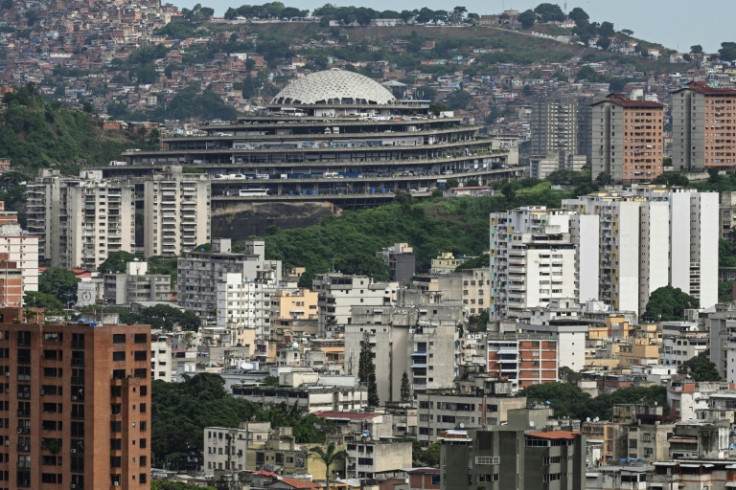
A panel from the Organization of American States (OAS) requested the International Criminal Court (ICC) order detention orders against mid and high-ranking officials in the Venezuelan government, as it concluded the government is not cooperating with the investigation of crimes against humanity.
Local media reported that Joanna Frivet said Friday that the panel "concluded that Venezuela "is not complying with its obligations of accountability." "The intervention of the ICC's prosecutor's office is key to take the crimes against humanity in Venezuela before the courts," said Frivet.
"The panel recommends the prosecutor's office takes a deeper role in examining the nature of these constant crimes and opens investigations against specific people and move them forward before the court so detention orders are issued," she added.
The conclusion comes a day after the OAS presented a report by the CASLA Institute, also addressed at the ICC. According to Infobae, the report documented the Cuban government's complicity in the crimes attributed to its Venezuelan counterpart.
The institute described the involvement of Cuban agents in the preparation and execution of crimes against humanity in Venezuela. The motivation, it added, was taking advantage of the country's extensive resources since Hugo Chavez, a staunch Fidel Castro ally, took office in 1999.
"Chavez gave more money to Fidel than the USSR did, and that allowed for many things to not happen in Cuba," reads part of a testimony from a former Cuban agent included in the report. Throughout the chapters, the document also describes Havana's involvement in all aspects of Caracas' government and law enforcement, as well as statements of victims throughout the years.
The ICC received the accusation against Venezuela in 2018 and decided to begin an investigation in 2021. Caracas appealed the decision the following year and in 2023 the ICC rejected it, deciding to move ahead. Following another rejected appeal, the court resumed its investigation in March of this year.
The government has rejected the investigation, saying it is politically motivated. "This maneuver has been built through the manipulation of a small group of crimes that are being properly investigated and sanctioned by the Venezuelan judiciary," said Foreign Minister Yván Gil following the announcement.
Opponents, on the other hands, celebrated the decision and requested that the ICC include recent events that could also be considered crimes against humanity. They highlighted the arrest of human rights activist Rocío San Miguel in February. She was accused by the government of "terrorism," "conspiracy," and "betrayal of the homeland," alleging her involvement in an alleged plot to assassinate Maduro, account fiercely disputed by the opposition.
© 2024 Latin Times. All rights reserved. Do not reproduce without permission.







